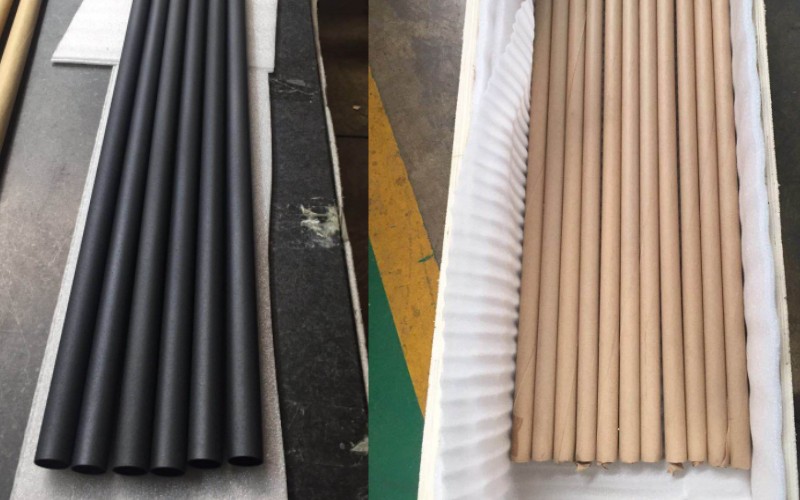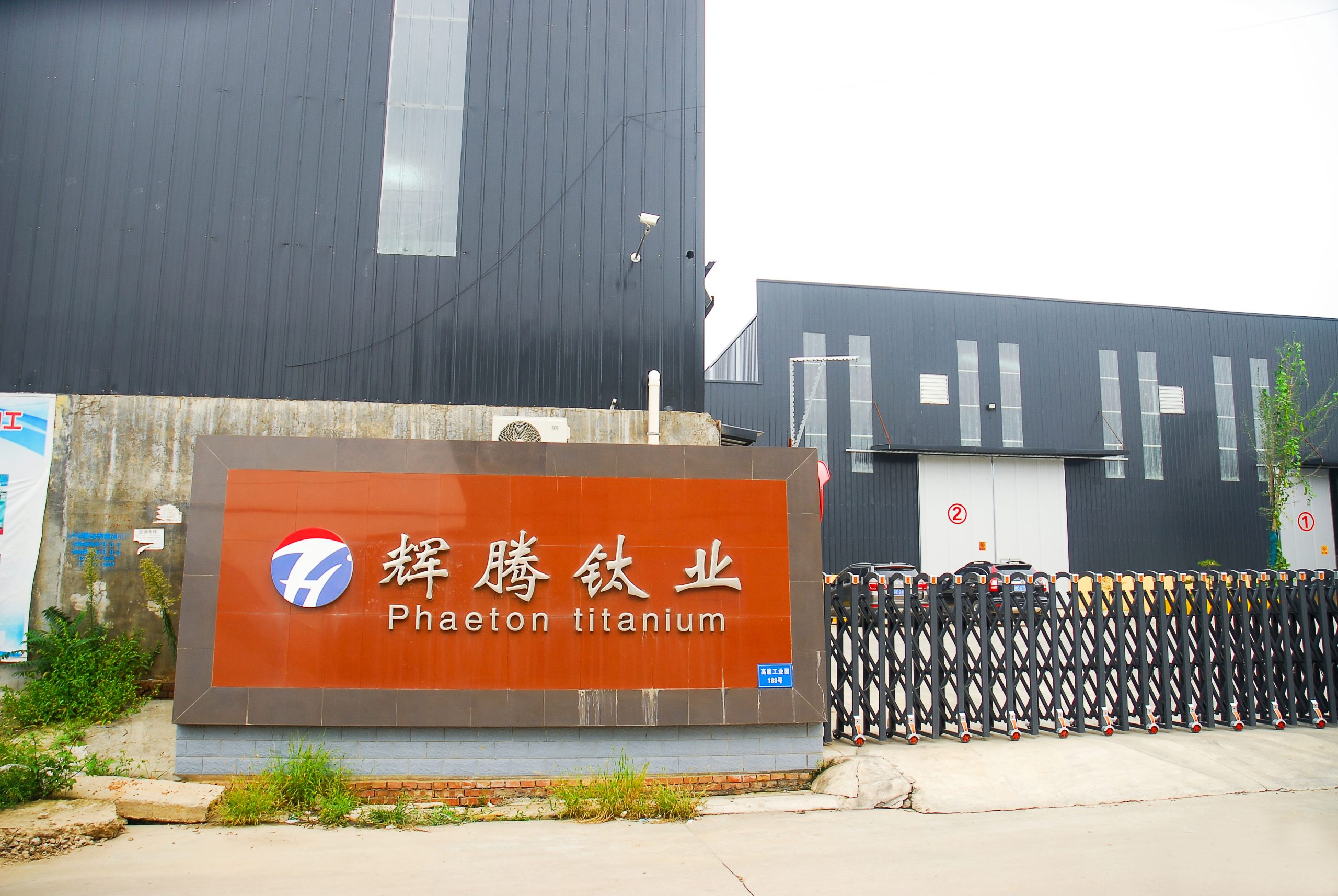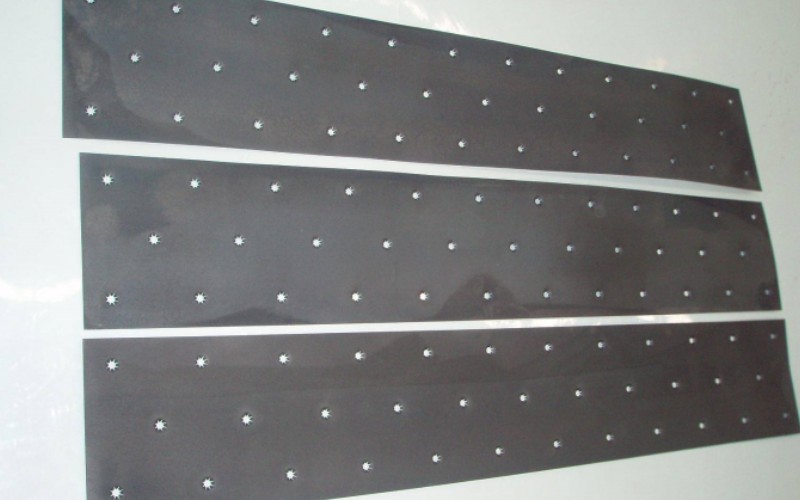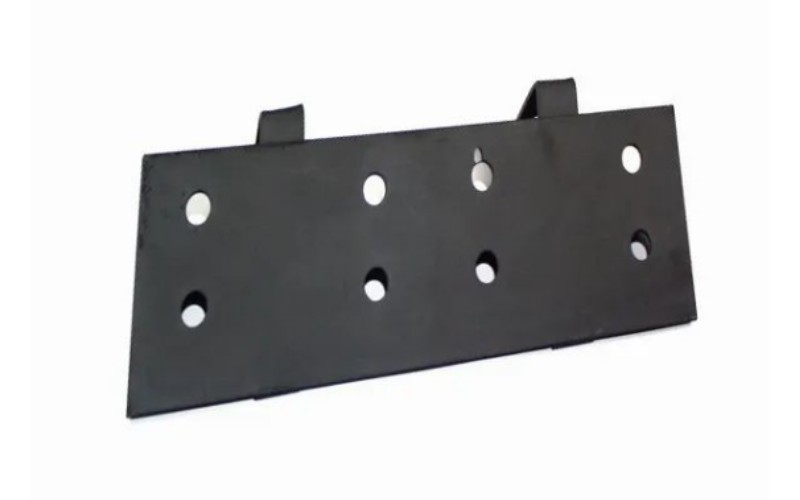by tony
Share
Share
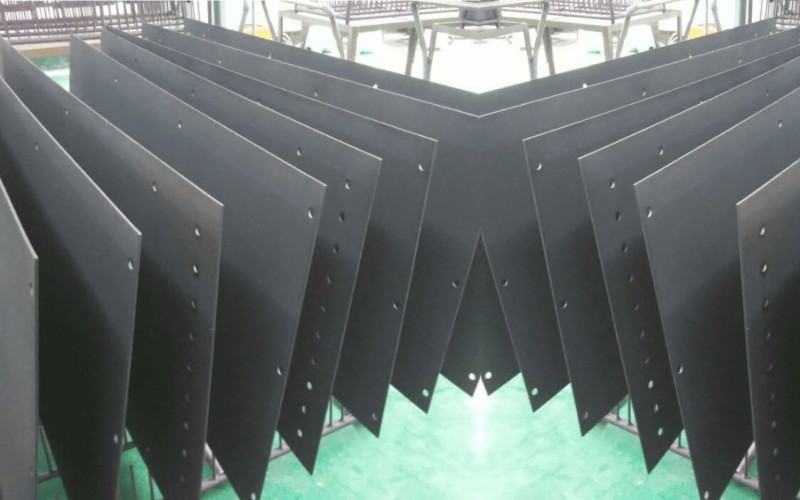
What are the superior properties of titanium anodes?
1. The size of the anode is stable, the distance between the electrodes does not change during the point solution, and the electrolysis operation can be carried out under the condition of stable cell voltage.
2. The working voltage is low, so the power consumption is small, which can save power consumption, and the DC power consumption can be reduced by 10-20%.
3. Titanium anodes have a long working life. In the diaphragm method production industry, metal anodes are corrosion-resistant, and the anode life has reached more than 6 years, while graphite anodes are only 8 months.
4. It can overcome the dissolution problem of graphite anode and lead anode, and avoid the pollution of point solution and cathode product, thus improving the purity of metal products.
5. It can increase the current density. When electrolysis is carried out under high working current density, it is more suitable to use titanium anode
6. In alkali production, after using titanium anode, the product quality is high, the gas purity is high, does not contain CO2, the alkali concentration is high, and energy consumption is saved.
7. It has strong corrosion resistance and can work in many electrolytic media with strong corrosion and special requirements.
8. Avoid the short circuit problem after the lead anode is deformed, so the current efficiency can be improved.
9. Titanium anodes are light in weight and can reduce labor intensity.
10. With the metal anode, the high temperature and high current density operation of the electrolytic cell becomes possible.
11. Low overpotential characteristics, easy removal of air bubbles on the surface between electrodes and electrodes, are important reasons for the voltage drop of metal anode electrolytic cells.
Titanium anodes are mainly used in the two major industrial sectors of electrochemistry and electrometallurgy. Electrolysis industries that use metal anodes include: alkali industry, aluminate production, water electrolysis, sewage treatment, cleaning of domestic water and food utensils, treatment of industrial water, galvanizing of steel plates, chrome plating, ruthenium plating, seawater electrolysis by electrodialysis, battery production , cathodic protection, titanium-based metal oxide coatings, etc. The application fields involve chemical industry, metallurgy, water treatment, environmental protection, electroplating, electrolytic synthesis and other industries.
